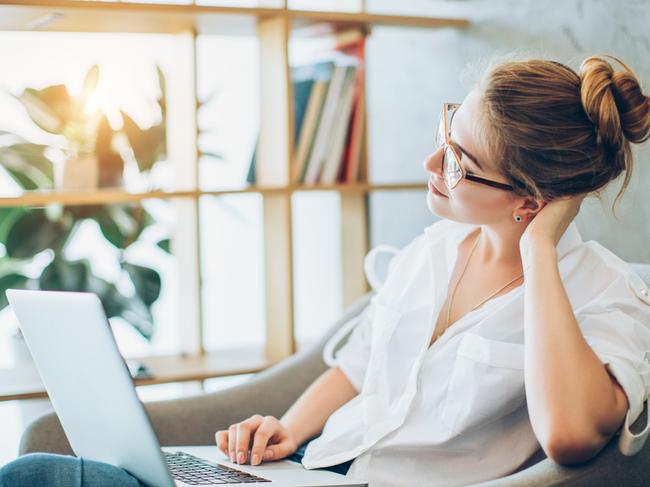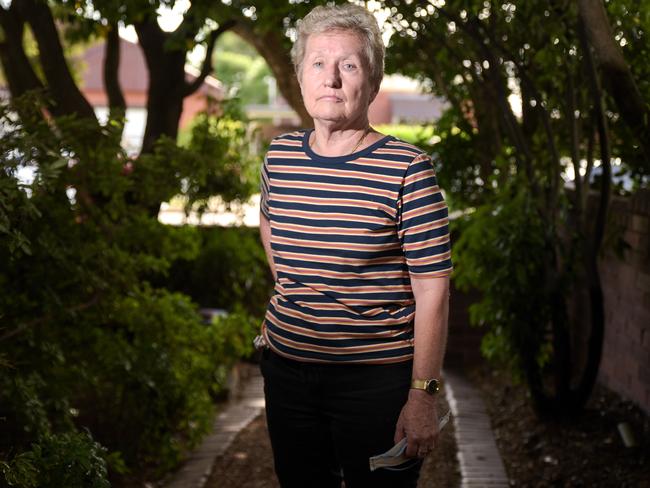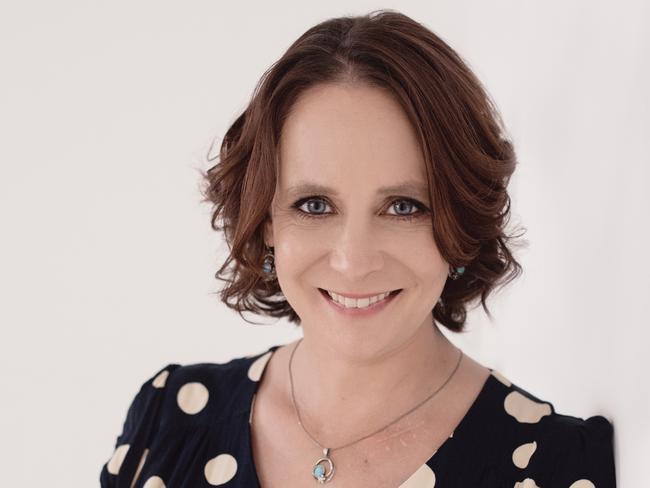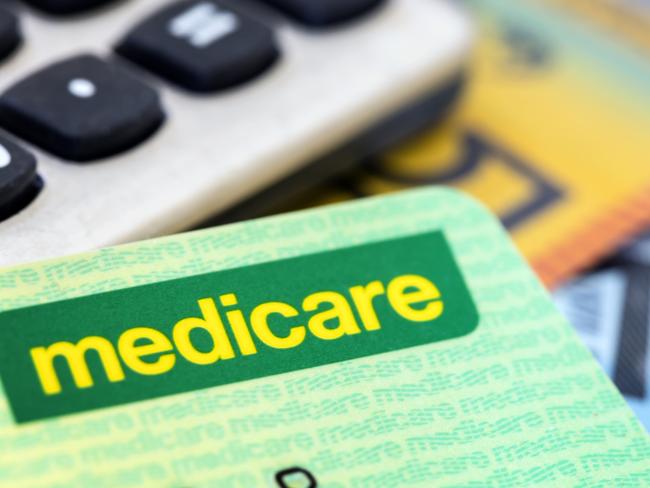Why women could decide the next federal election
These groups could hold the key to the federal election, with a survey showing they hold more power than most.
National
Don't miss out on the headlines from National. Followed categories will be added to My News.
Women, small business owners and Asian Australians could be key to the federal election, with a survey showing a high percentage of voters in these groups are undecided or prepared to switch parties in 2022.
A national survey of 4010 people shows 11 per cent did not yet know who they would vote for in next year’s election, while 23 per cent would switch their vote, depending on specific policies.
Female voters, parents of school-aged children, people identifying as Asian Australians, and self-employed small business owners were all more likely to be undecided or considering switching their vote.

With the election likely between March and May next year, the survey, carried out by Ergo Strategy for News Corp Australia, showed the importance of the undecided voter to the major parties – the Coalition and the Labor Party.
Nationally, 42 per cent of voters identified as holding centrist ideology.
But 65 per cent of undecided voters identified as holding centrist ideology, showing those further along the left-right voting spectrum were more likely to have already made up their minds about who to vote for.
The snapshot of the nation’s pulse showed women were much more likely than men to be undecided (69-31 per cent). Undecided voters were also more likely to be engaged in home duties or unemployed.
The survey was conducted in September.
National convenor of the Women’s Electoral Lobby Jozefa Sobski said female voters would not be swayed by any one issue, but rather a suite of policies addressing specific areas of concern.

This included policies addressing access to reproductive health and maternal health facilities.
“It’s a bit early to be predicting what might be the hot-button issues,’’ Ms Sobski said.
But she said as women were often carers, policies improving access to aged care and childcare facilities were important.
“Childcare will be a particularly important issue … women will be looking at the policies that directly address the cost of childcare,’’ she said.
Ms Sobski said women would also be looking to see what policies the parties would present on addressing the scourge of domestic violence, which had been worsened by the extended Covid-19 lockdowns in Melbourne and Sydney.
Three out of 10 self-employed small business owners said they would be prepared to switch their vote, depending on the policies on offer. Issues of importance raised by business owners were health and greater Medicare coverage, management of the economy, and the Covid-19 response.

Council of Small Business Organisations of Australia CEO Alexi Boyd said resolving problems caused by the Covid pandemic were top of mind for small business owners, and would be election issues due to their “long tails.’’
“Worker shortages across the board – all our members are talking about huge worker shortages in both skilled and unskilled areas,’’ Ms Boyd said.
Business owners were also deeply concerned about supply chain problems and concerns supply chain blockages could result in inflationary concerns similar to those in the United States.
Ms Boyd said the self-employed would be looking for policies which made it easier to do business, such as assisting with continued digitisation of small business, and deregulation and reduction of red tape.
“What can the government do to support small businesses to continue to grow?’’ she asked.
Small businesses would be looking to retain some of the flexibility introduced as a result of the pandemic, such as telehealth consultations for allied health workers.

Of voters who identified as Asian Australian, more than a quarter – 26 per cent – said they would be prepared to switch votes. The group, identified as having China, Japanese, Korean, Thai, Vietnamese or Indonesian heritage, was also concerned with health, Medicare coverage and management of the economy and Covid-19 pandemic. Developing a multicultural Australia was also important to more than 80 per cent of this cohort. This group also leaned towards the Labor Party, which Ergo Strategy said was consistent with the 2019 Federal election result.
Parents of school-aged children shared the national concerns about health and Medicare provision, but this group was also concerned about education issues.
More Coverage
Originally published as Why women could decide the next federal election





